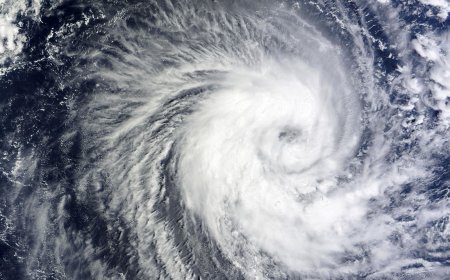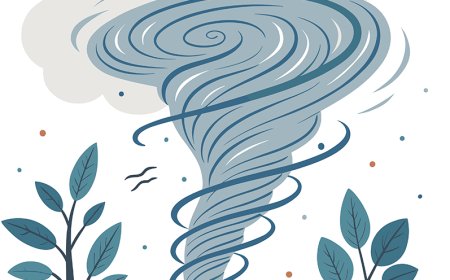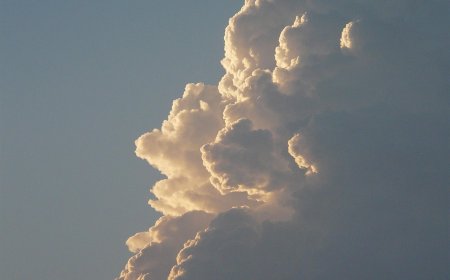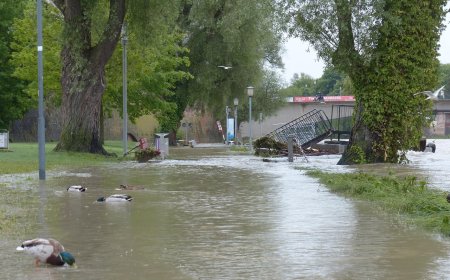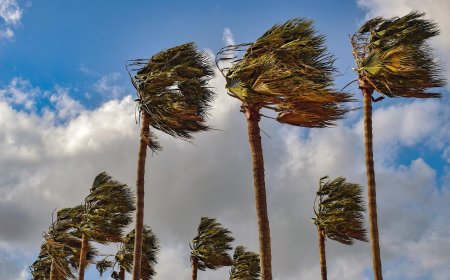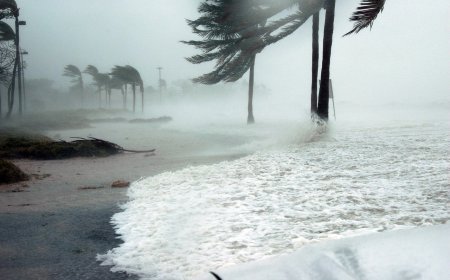Cloud Facts for Kids – What They Are & What They Tell Us
Learn about clouds for kids. Discover how different clouds form, what they look like, and how they help predict upcoming weather like rain, storms, or fair skies
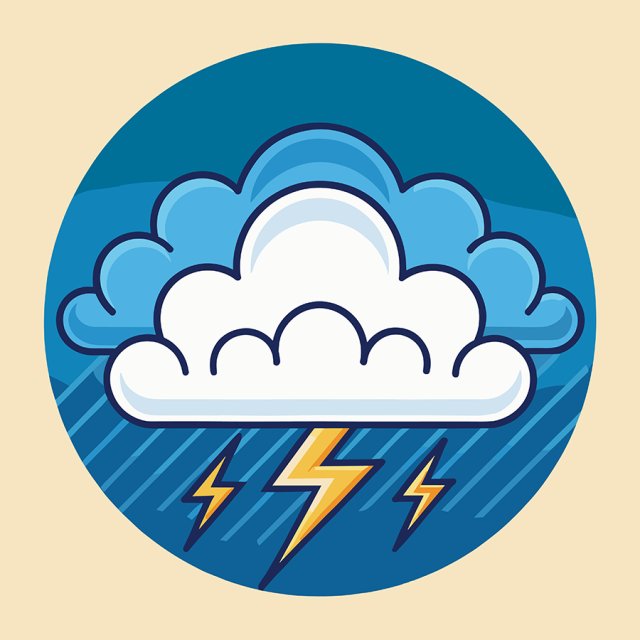
🧭 Introduction
Look up at the sky—what do you see? If it’s not clear blue, chances are you see clouds. Clouds are not just pretty shapes floating above us; they are an important part of the weather. Some clouds mean sunshine, others bring rain, snow, or even storms. In this article, you’ll learn how clouds form, what the different types are, and how they help us predict the weather just by looking up!
☁️ What Are Clouds?
Clouds are made of tiny water droplets or ice crystals that float in the air. When warm, moist air rises and cools, the water vapor in the air condenses into droplets, forming clouds.
Even though they look light and fluffy, clouds can be very heavy. A single rain cloud can hold millions of gallons of water!
🧪 How Do Clouds Form?
Clouds form in a few simple steps:
- Warm air rises into the atmosphere.
- As the air rises, it cools down.
- When it cools to its dew point, water vapor condenses into tiny droplets.
- These droplets group together, creating a cloud!
If the droplets become large and heavy enough, they will fall as precipitation—rain, snow, sleet, or hail.
🧭 The Main Types of Clouds
There are many types of clouds, but meteorologists usually group them into four main categories based on shape and height:
1. Cumulus Clouds
Fluffy, white clouds with flat bottoms
Look like cotton balls
Usually mean fair weather
Can grow into cumulonimbus clouds (thunderstorms)
2. Stratus Clouds
Gray and flat, cover the sky like a blanket
Often bring light rain or drizzle
Found low in the sky
3. Cirrus Clouds
Thin and wispy
High up in the sky
Made of ice crystals
Usually mean good weather now, but changes soon
4. Nimbus Clouds
Dark, thick clouds
Bring heavy rain or snow
The name “nimbus” means “rain cloud”
🌥️ What Clouds Tell Us About the Weather
By looking at the shape, color, and height of clouds, you can often tell what weather is coming:
White and fluffy? Probably nice weather
Dark and heavy? Rain or snow is likely
Low and gray? Get your umbrella!
Towering and dark? A thunderstorm might be on the way
That’s why clouds are one of the first clues meteorologists use when making weather forecasts.
🌍 Where Do Clouds Go?
Clouds move because of the wind. The wind pushes them across the sky, and different wind patterns can make clouds:
Gather into storms
Break apart
Travel from one region to another
Even though clouds look slow, some can move at over 100 miles per hour high in the atmosphere!
🧠 Fun Cloud Science
Clouds reflect sunlight, helping to cool Earth
At night, they trap heat, keeping temperatures warmer
Clouds are part of the water cycle, along with evaporation and precipitation
Some clouds are so high, they only form from ice crystals
📚 Vocabulary Words
Word Definition
Condensation When water vapor turns into liquid droplets
Dew Point The temperature at which air becomes fully saturated
Precipitation Water that falls from clouds as rain, snow, etc.
Cumulonimbus A tall cloud that can produce thunderstorms
Nimbus A type of cloud that brings rain or snow
💡 Interesting Facts About Clouds
The average cumulus cloud weighs over 1 million pounds!
Fog is a cloud that forms at ground level.
There are clouds on other planets—Venus has clouds made of acid!
The tallest clouds, called cumulonimbus, can reach 60,000 feet high.
Clouds were first classified by a man named Luke Howard in the early 1800s.
👧 Kid-Friendly Summary
Clouds are made of tiny water droplets or ice crystals that float in the air. They form when warm air rises and cools. There are many kinds of clouds, like puffy cumulus clouds and thin cirrus clouds. Some clouds bring rain or snow, while others mean sunny weather. Watching clouds can help us know what kind of weather is coming!
✅ Interactive Quiz
Q1: What are clouds made of?
A. Smoke
B. Air bubbles
C. Tiny water droplets or ice crystals
D. Dust
Q2: What kind of cloud is fluffy and white?
A. Stratus
B. Cumulus
C. Cirrus
D. Nimbus
Q3: What cloud often brings heavy rain or snow?
A. Cirrus
B. Stratus
C. Nimbus
D. Fog
Q4: What does the dew point tell us?
A. When rain will start
B. When the air is full of water vapor
C. When the sun sets
D. When clouds turn blue
Q5: Which cloud is high and wispy?
A. Nimbus
B. Stratus
C. Cirrus
D. Cumulus
Scoring:
5/5 = ☁️ Cloud Genius
3–4 = 🌦️ Sky Watcher
1–2 = 📘 Weather Beginner




















































